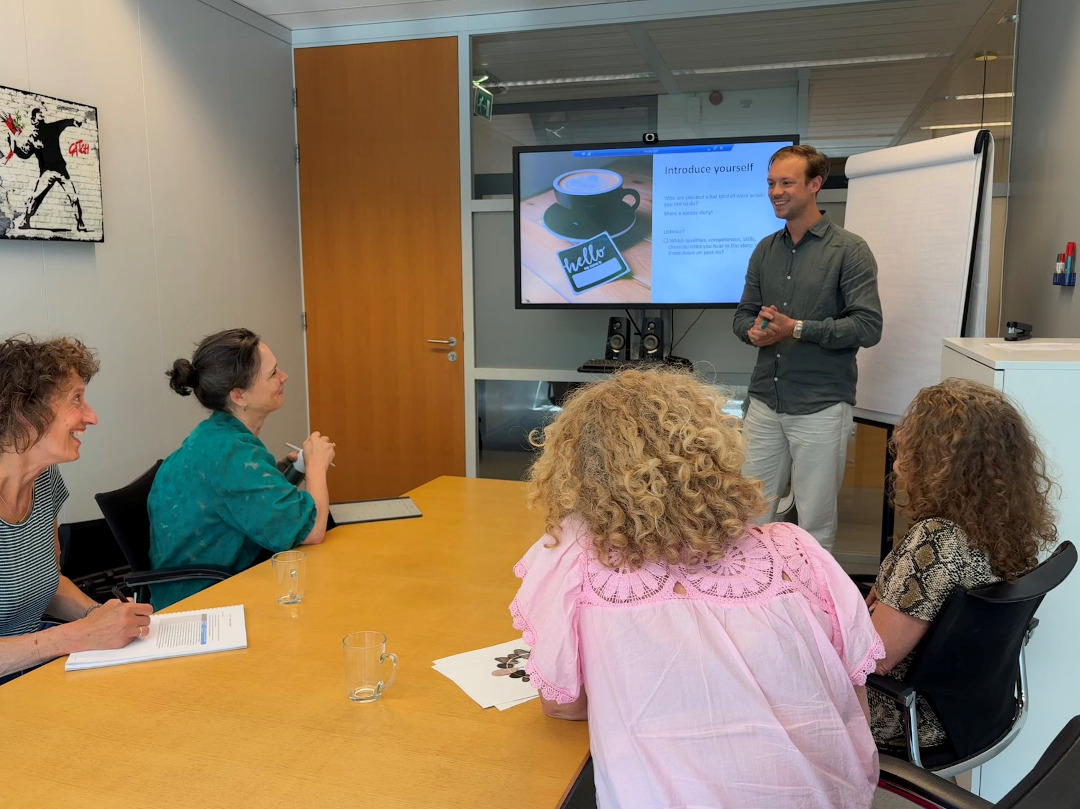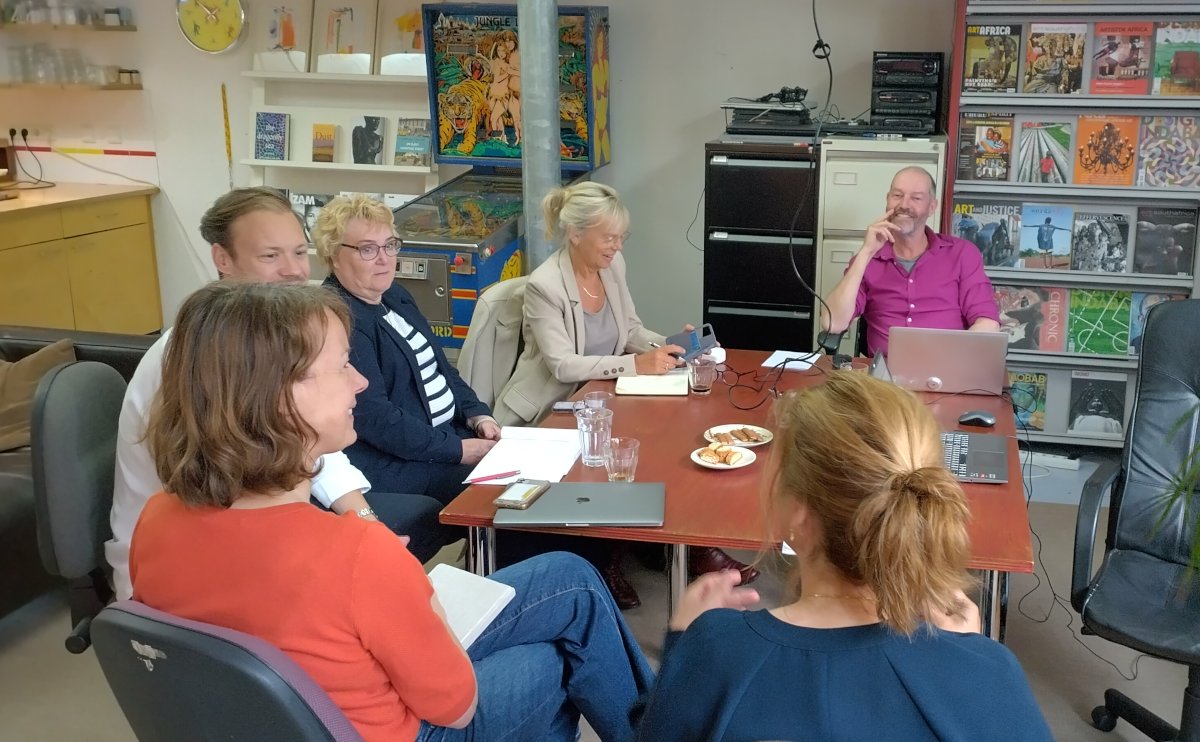The days when employers were primarily in charge of an employee's development and career path are well and truly behind us. And who stays with the same employer for 25 years these days? Today's society encourages employees to take the initiative in their careers, for example by developing new skills, exploring other roles or actively seeking opportunities for growth and development.
This requires a proactive attitude. It means not waiting for things to happen, but actively seeking opportunities to improve yourself, tackle challenges and achieve your goals. A proactive person dares to take initiative, is confident and focused on creating positive change.
Adopting a proactive attitude requires some courage and commitment, but it will ultimately give you much more control and satisfaction in your career. You are the director of your own future. By consciously and actively working on your career, you will not only achieve your goals, but also develop a strong and meaningful professional profile.
How do you go about this effectively?
Start by clarifying your own goals and ambitions. What do you want to achieve in five or ten years? Do you want to stay in academia, take on a role as a research leader, or perhaps make the switch to industry or policy? By focusing on your own wishes and dreams, you will gain a better understanding of the steps you need to take. Reflect regularly on your progress and adjust your goals if necessary. It is important to be aware of your unique qualities and skills, and how you can further develop them to achieve your goals.
In addition, it is essential to actively maintain and expand your network. Take advantage of conferences, seminars, and online platforms such as LinkedIn to connect with fellow scientists, policymakers, and industry experts. Proactive networking means not only “collecting contacts”, but also investing in those relationships. Ask questions, offer help, and show interest in the work of others. An extensive network can offer you valuable opportunities, such as collaborations, funding, or new career paths.
It is also important to continuously strengthen your skills. The world of science is changing rapidly, and keeping up with the latest techniques, tools, and insights will give you a competitive edge. For example, take the time to pursue additional training, courses, or learn new programming or data tools that are relevant to your specialisation. By regularly challenging yourself and developing new competencies, you will remain relevant and attractive to future employers or collaboration partners.
Finally, don't be afraid to show initiative. Actively seek opportunities within your organisation or outside it. Be open to new projects, ask for feedback, and dare to express your ambitions. Commit to publications, write collaborations, and contribute to science in ways that strengthen your name and reputation.
















